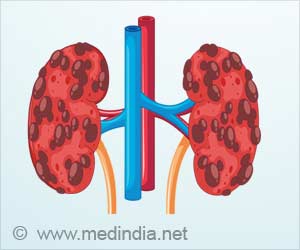Stress affects the stomach’s ability to communicate with the brain, which influences how the gut contracts and relaxes, thereby causing a variety of digestive problems. (1✔ ✔Trusted Source
STRESS AND THE DIGESTIVE SYSTEM
Go to source)
In nearly 80 percent of cases, stress plays a major role in causing various digestive problems, such as gas, colitis, and amyloidosis. Experts from the Indian Society of Gastroenterology (ISG), Uttar Pradesh Chapter have emphasized this.
The Brain-Gut Connection Ignites Stress
Gastroenterologist Dr. Punit Mehrotra, said: “Several studies have found that stress can disrupt communication between the brain and the gut, leading to a variety of digestive problems. It disturbs gut contraction and relaxation which determine how quickly food moves through the bowels. This causes various issues.”
Besides, he said, the endocrine system increases its production of steroid hormones, which include cortisol, to activate the stress response of the body. It can also affect digestion and what nutrients the intestines absorb.
“Individuals with chronic stress are more likely to have disorders such as irritable bowel syndrome (IBS), inflammatory bowel disease (IBD), and peptic ulcers,” he added. Meanwhile, Prof Sumit Rungta, head of the medical gastroenterology department, at KGMU, cited the cases of rising NAFLD (non-alcoholic fatty liver diseases).
Advertisement
“Two decades ago, it used to occur in patients who consumed alcohol or suffered from hepatitis B or C. The incidence of liver and GI cancer is increasing and is seen in the Indian population,” said Rungta.
Reference :
- STRESS AND THE DIGESTIVE SYSTEM – (https://caps.byu.edu/stress-and-the-digestive-system)
Source: IANS



